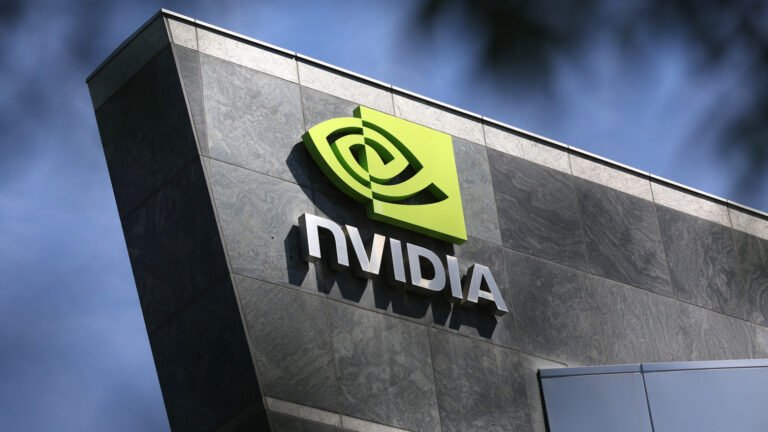Nvidia has risen to prominence in recent years, particularly in the gaming, AI, and data center industries, thanks to its graphics processing units (GPUs). However, its growing dominance has drawn the attention of governments, especially China, which has launched an anti-monopoly investigation into the American tech giant. This comes amid the ongoing US-China tensions over semiconductors, AI, and chip manufacturing. This post delves into the investigation, its potential impact, and the broader geopolitical context.
China’s Anti-Monopoly Law
China’s 2008 anti-monopoly law aims to prevent monopolistic practices and promote market competition. The law has been applied to large Chinese tech firms like Alibaba and Tencent. China’s investigation into Nvidia focuses on whether the company is manipulating the market or stifling competition, particularly in areas like AI and machine learning, where demand for Nvidia’s products is growing. The investigation is seen as a response to Nvidia’s dominance in the chipmaking industry, especially in sectors like cloud computing and self-driving cars.
Nvidia’s Role in the Tech World
Nvidia’s GPUs are highly efficient for AI and data processing, making the company a critical player in industries such as healthcare, finance, and robotics. While gaming remains a key revenue stream, Nvidia’s reach extends into enterprise and AI following the acquisition of Mellanox Technologies and the development of its CUDA software platform. Nvidia also powers cloud giants like Amazon Web Services and Microsoft Azure, which rely on its chips for AI workloads.
This widespread influence has made Nvidia a target for scrutiny, especially as China seeks to boost its AI and semiconductor industries. Nvidia’s market dominance may limit competition and hinder China’s technological ambitions.
Investigation and Impact
The investigation into Nvidia revolves around concerns of discriminatory pricing and market control. If the investigation finds Nvidia guilty, the company could face restrictions, fines, or even bans on parts of its business. Additionally, this scrutiny could impact Nvidia’s acquisition of Arm Holdings, a British chip designer. If China blocks the deal on anti-monopoly grounds, it would significantly hinder Nvidia’s growth.
Nvidia’s operations in China, a critical revenue source, may also be affected, forcing the company to adapt its global strategy. Any restrictions could reduce Nvidia’s ability to supply Chinese tech firms and AI research institutions, which would negatively impact its revenue.
US-China Tensions and Geopolitics
The investigation into Nvidia comes amid heightened US-China tensions, especially over semiconductors. China’s efforts to become self-sufficient in chip manufacturing have intensified in response to US sanctions on Chinese firms like Huawei. By targeting Nvidia, China may seek to strengthen its position in the global chipmaking market, counteracting the US’s dominance in AI and semiconductor industries.
China may also view the investigation as part of a broader strategy to weaken the US’s lead in AI and chip manufacturing, using Nvidia’s investigation as leverage. As global competition for semiconductor supremacy grows, countries are re-evaluating their reliance on foreign chip technology, adding national security concerns to the mix.
Future Implications for Nvidia and the Tech Industry
The outcome of the investigation could shape the future of the global tech industry. For Nvidia, it is both a threat and an opportunity. While restrictions in China could hurt Nvidia’s operations, successfully defending against the allegations could solidify the company’s position as a leading chip maker. This case serves as a reminder of the increasing regulatory scrutiny faced by powerful tech firms, particularly in AI and semiconductors.
The investigation also highlights the geopolitical tensions between the US and China, and its potential economic ramifications. As Nvidia navigates the scrutiny, it faces the challenge of adapting to an increasingly competitive and nationalistic tech landscape, where market dynamics and geopolitical factors are reshaping the future of technology.
Ultimately, the outcome of the China-Nvidia investigation will have lasting implications for the global tech industry, and the growing competition between superpowers in the semiconductor space will continue to influence technological innovation and international relations.
